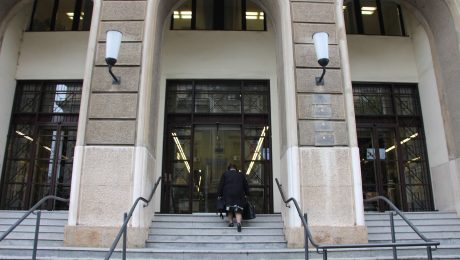Commercial Appellate Court Victory for Basketball Executive
Sunday, 24 February 2019
by ZS Law
- Published in Deals and Cases
Different Courts, Different Viewpoints: Article 26 of the Law on Enforcement and Security
Sunday, 26 March 2017
by ZS Law
[vc_row][vc_column][vc_single_image image=”5466″ img_size=”535×356″ alignment=”center”][/vc_column][/vc_row][vc_row][vc_column width=”1/2″][vc_column_text] The improvement of efficiency and speeding up of enforcement proceedings were among the top priorities emphasized as justification for the enactment of the new Law on Enforcement and Security (Official Gazette of the Republic of Serbia, No. 106/2015 and 106/2016, hereinafter referred to as: “the Law”). Among the provisions intended
- Published in Insights
Another Supreme Court of Cassation Victory in a Multimillion Shareholder Dispute
Wednesday, 13 July 2016
by ZS Law
- Published in Deals and Cases
Živković Samardžić achieves Supreme Court of Cassation victory for Vojvodjanska banka a.d.
Tuesday, 05 July 2016
by ZS Law
- Published in Deals and Cases



